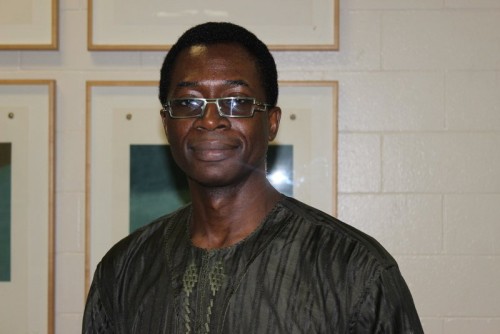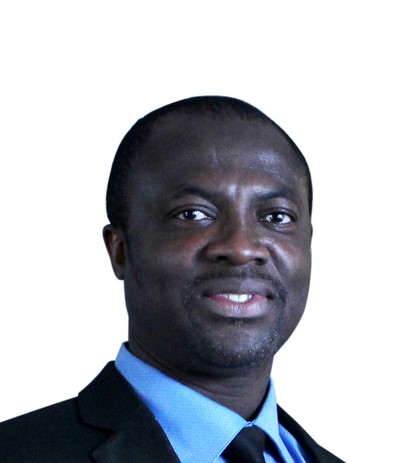
President ACAO

Resource Coordinator ACAO
Community organization is delivering relief packages that include pantry staples, cloth masks and toilet paper
Matthew Kupfer · CBC News · Nov 30, 2020
Joyce Quist-Therson’s COVID-19 relief package came after months of stretching her pension cheque to cover her groceries.
“It was really God-sent,” she said of the package from the African-Canadian Association of Ottawa (ACAO).
The ACAO box includes staples like rice, pasta, potatoes and cooking oil, some of which Quist-Therson said have lasted more than a month so far.
Quist-Therson lost her part-time job in March and has been reluctant to go from store to store, hunting for bargains. She’s been taking COVID-19 seriously after her brother was hospitalized with the illness this spring. She said he has since recovered, but is still not back to his normal, energetic self.
“It was very close to home, so I’m not taking any chances at all,” she said.
Black community harder hit by COVID-19
The ACAO, a collection of 53 community organizations, is distributing relief packages — including grocery staples — to help people who’ve lost income or are required to isolate due to public health restrictions.
The city’s Black community has been disproportionately affected with COVID-19 diagnoses. Data released last week by Ottawa Public Health shows Black people account for 37 per cent of cases, but just seven per cent of the city’s population.
Quist-Therson now volunteers for ACAO, scheduling the delivery of those relief boxes.
She said she’s spoken to parents juggling home schooling their children and nurses who’ve lost the second jobs they used to make ends meet.
Help goes a long way
Kerry-Ann Thompson, project coordinator for the relief package program, said she tried to think like a recipient in designing the packages.
“We went through the list and said, what would stretch the most? As opposed to frozen things or even attempting poultry, when some people are vegetarian — we tried to stick to staples,” she said.
Thompson said they’re responding to the needs of larger families and trying to help recently arrived immigrants overcome communication barriers.
What’s rewarding, she said, is “delivering to a single mom with four kids and just knowing that help will go such a long way.
“People don’t expect that much food. They really think it’s going to be a small ration … It’s always, ‘Wow!'”
More help needed, ACAO says
The program is using Africa World Market’s warehouse to assemble and distribute the packages.
“When ACAO approached us asking for donations, asking to help them source the products at a lower cost so we could reach more families … we jumped on board,” said Mory Kaba, chief operations officer of the store on Cyrville Road.
John Adeyefa, president of ACAO, said more donations and volunteers are needed.
“We have served over 100 families in the Ottawa community, we are expecting to serve much more,” he said. “We have so much demand for assistance and we intend to do that.”
Adeyefa said the group is also distributing cloth masks and coordinating virtual mental health seminars. Those initiatives and the relief packages were funded, in part, by a $60,000 grant from the federal government distributed through the Red Cross.
Source: CBC News
